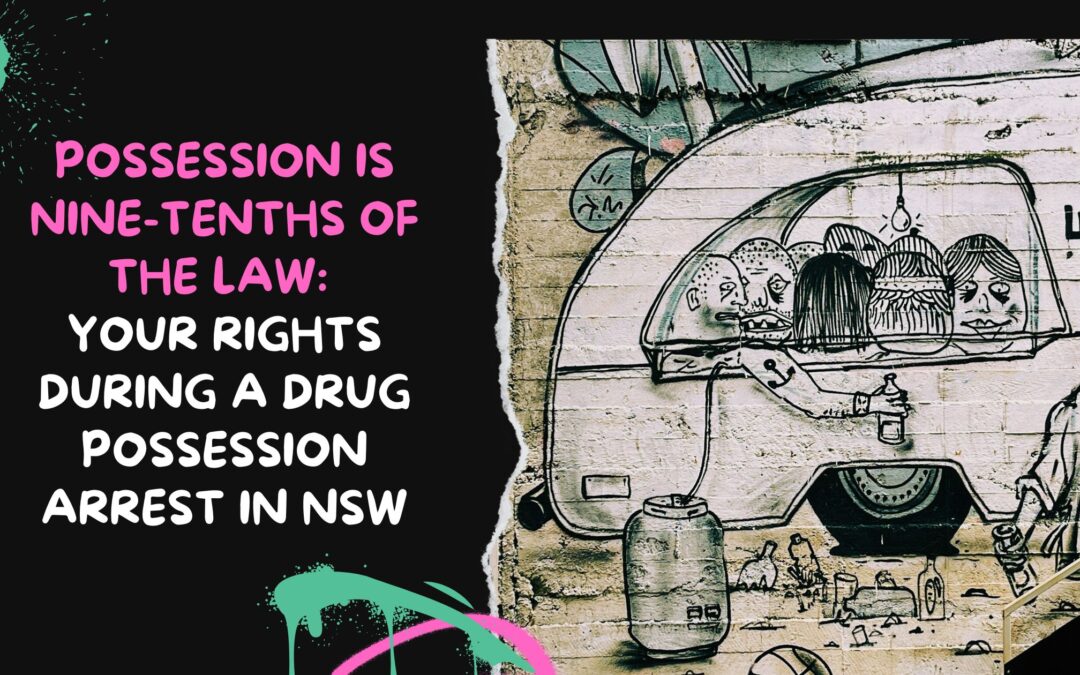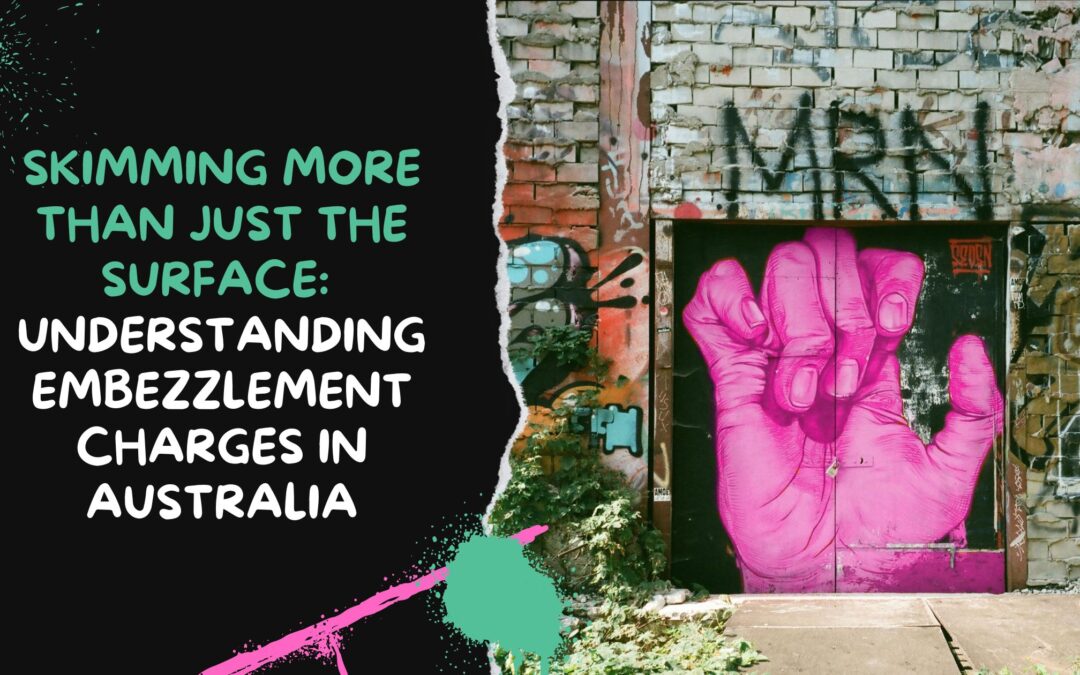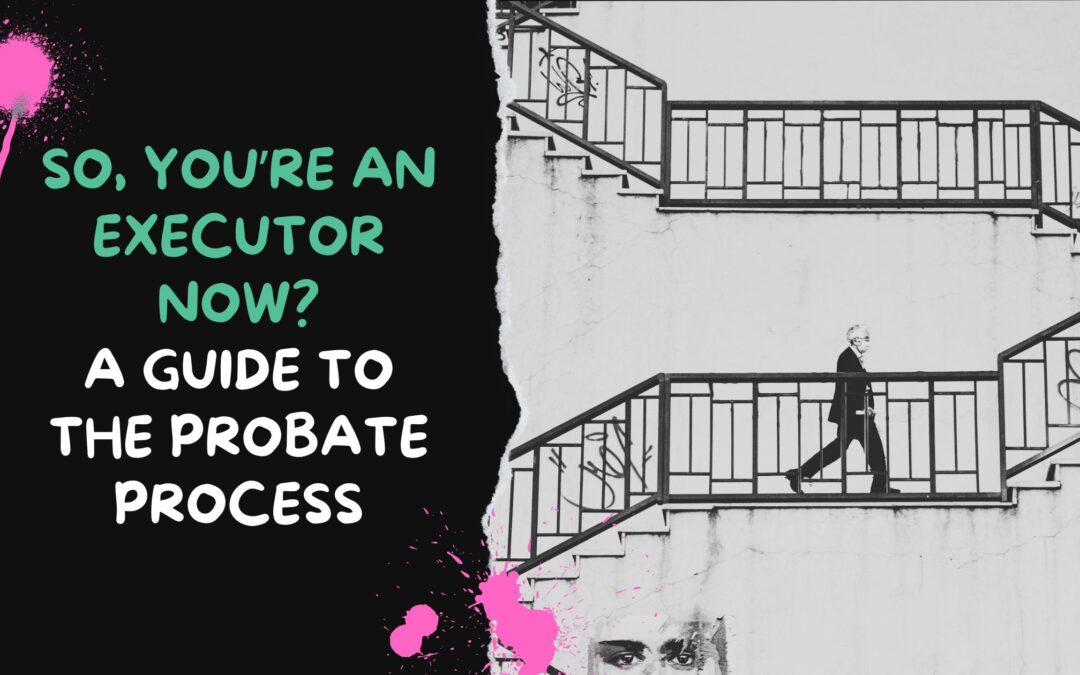Judge alone trials are in the spotlight again.
Throughout history, several high-profile cases have been decided by a judge alone. Examples which spring to mind include the recently heard case involving Cardinal George Pell, the renowned case involving Simon Gittany, or, most relevantly, the currently proceeding matter involving former NRL player and school teacher, Chris Dawson.
Many publications have queried whether Judge alone trials should be afforded to defendants accused of heinous or despicable crimes. However, simply put, Judge alone trials are a critical function of our legal system, as are jury trials.
In the Local Court of New South Wales, a trial proceeds without a jury. However, in a criminal trial before either the District Court or Supreme Court of New South Wales, a jury is generally empanelled. A jury consists of 12 people who are selected randomly from members of the public.
The roles of the judge and the jury are distinctive. The judge is to decide issues of law, whilst a jury is responsible to determine issues of fact. What does this mean? An example may help.
If police obtain a search warrant based on an application with faulty or misstated information (an application which takes place in the absence of jury), and then proceed to raid and collect evidence from a person’s home, a judge is required to decide whether the evidence collected is admissible or not. This is a question of law and a consideration subject of section 138 of the Evidence Act 1995 (NSW).
In the same matter, the role of a jury may be to decide whether a substance found at the persons house was in that person’s possession. This is determination as to fact.
So naturally, when a “Judge alone trial” order is made subject of a successful application pursuant to s 132 of the Criminal Procedure Act 1986 (NSW), the Judge alone is responsible for the both the determination of both law and the facts.
In an age where search engines and social media are more accessible and more frequently utilised than ever, the potential for juror bias is at an all-time high. Consequently, so is the potential for a Defendant or Applicant being unfairly prejudiced.
If the Prosecution’s case against a Defendant is found to have been prejudiced, this may result in the Court ordering a re-trial. The consequences of a re-trial being ordered can be dire for the victim in such cases, as it often requires them to give evidence again, in doing so reliving and reviving the horrible past experiences they endured. There are many examples of victims simply not being able to go through a fresh trial, this has often resulted in charges against a potentially dangerous Defendant being dropped altogether.
In considering an application for a judge alone trial, the Court must consider (amongst other things):
- whether the accused person and prosecution agree to the matter being heard by a Judge alone; and
- if the prosecution does not agree, whether it is still in interests of justice for the matter to be heard by a Judge alone.
Importantly, the Court may make a trial by Judge order despite any other provision of section 138 of the Evidence Act 1995 (NSW) if the Court is of the opinion that:
- there is a substantial risk that acts may constitute an offence under Division 3 of Part 7 of the Crimes Act 1900 (NSW) are likely to be committed in respect of any jury or juror; and
- the risk of those acts occurring may not be reasonable mitigated by other means.
Division 3 of Part 7 of the Crimes Act 1900 (NSW) includes offences such as influencing witnesses and jurors, preventing, obstructing or dissuading witness or juror from attending and threatening or intimidating judges, witness or jurors.
It is therefore evident that the Court has adequate discretion regarding the decision for a matter to be heard as a Judge alone trial, or jury trial. This discretion is therefore a protection of bias against a Defendant and / or Applicant.
Again, noting the prevalence of social media and the news cycle as it is today, a Defendant may seek to have his or her trial heard by a Judge alone due to fears held regarding a ‘trial by media’. This may have been the case in the matters of Cardinal Pell or Simon Gittany, where a large portion of media had portrayed them in an unfavourable light. However, notably, the Prosecution may seek a Judge alone trial where they feel the media has been unreasonably sympathetic with a Defendant on trial. In either case, where there has been considerable media attention, whether fuelled by condemnation or sympathy, the prospects of any jury already holding a bias, conscious or subconscious, are high as a result.
It is therefore apt to summarise that Judge alone trials are a critical function in the preservation of justice within our legal system.
At Green & Associates, we are experts in applying for no convictions and have an excellent success rate in achieving this for our clients. Regardless of the charge, we are ready to be in your corner and assist you during this uncertain time. If you or someone you know needs assistance with an upcoming trial, contact our office today.




